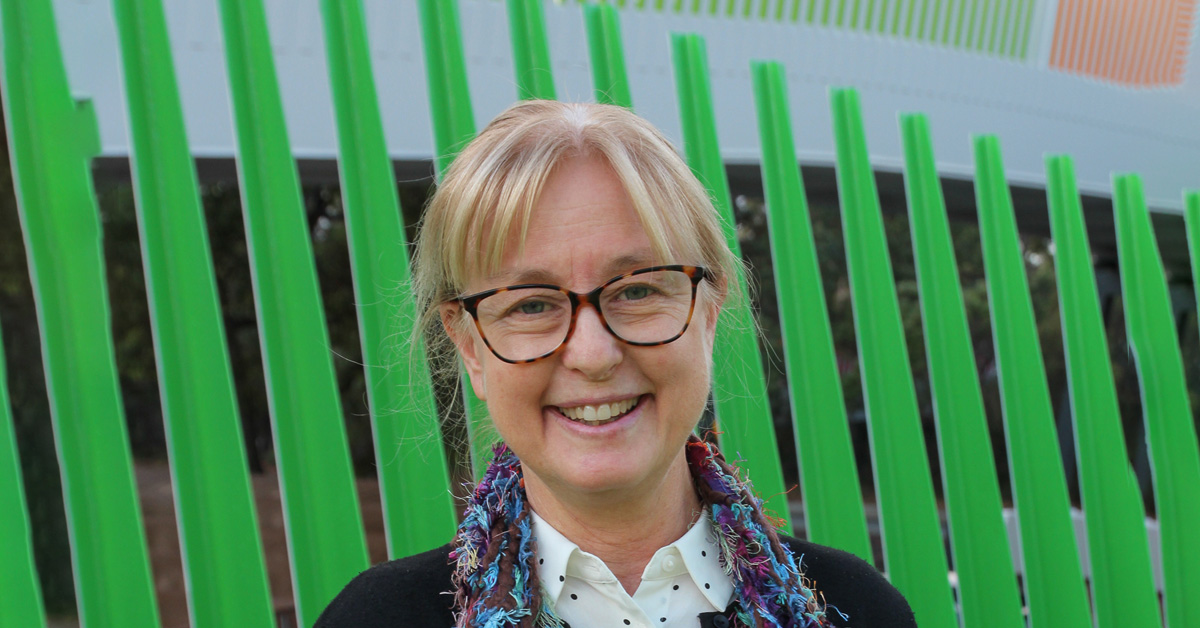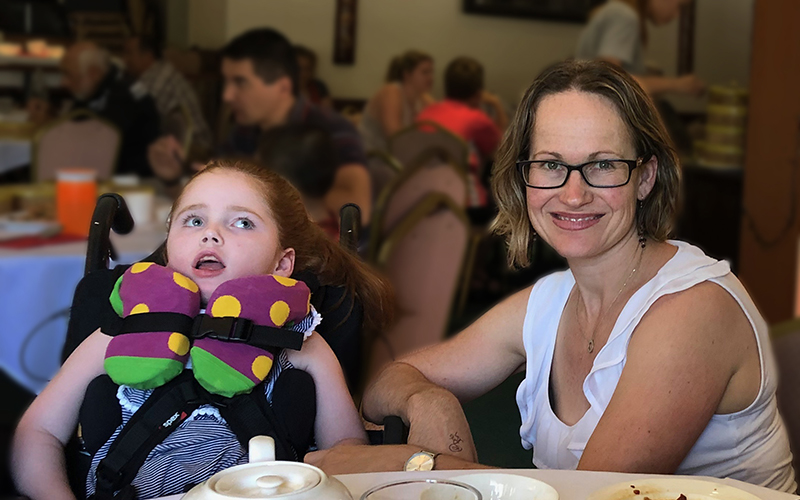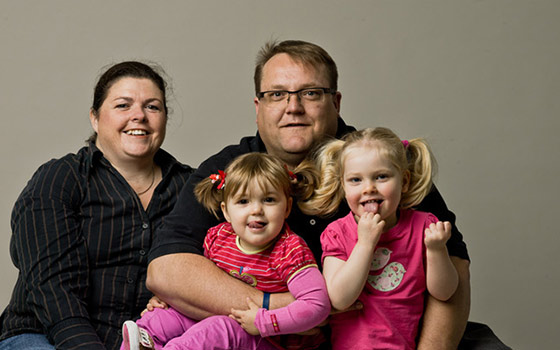Search

News & Events
Improving health access for children and families living with intellectual disabilityA project led by The Kids Research Institute Australia’s child disability team will seek to reduce potentially preventable hospitalisations and build health literacy for children and young people with intellectual disability.

News & Events
Feeding change helps keep kids with intellectual disability out of hospitalChildren with intellectual disability who underwent gastrostomy – a feeding tube placed into the stomach – had better overall health and fewer hospitalisations for all causes except acute respiratory illnesses, research led by The Kids Research Institute Australia has found.
Research
Pregnancy and birth outcomes of mothers with intellectual disability and their infants: Advocacy needed to improve well-beingFor mothers with intellectual disability, modifiable risk factors for adverse outcomes need addressing
One of the many reasons for setting up the International CDKL5 Disorder Database was to learn more about this condition.
Research
Impacts of caring for a child with the CDKL5 disorder on parental wellbeing and family quality of lifeInvestigate impacts on maternal health and family quality of life in families with a child with the CDKL5 disorder
Research
Feasibility of assessing diet with a mobile food record for adolescents and young adults with down syndromeThe aim was to assess the feasibility of assessing diet with an image-based mobile food record application in 51 adolescents and young adults with Down syndrome.
Research
Improved Survival in Down Syndrome over the Last 60 Years and the Impact of Perinatal Factors in Recent DecadesImproved survival for children born with Down syndrome over the last 60 years has occurred incrementally, but disparities still exist
Research
Transition to adulthood for young people with intellectual disability: the experiences of their familiesA number of themes emerged from the qualitative data which included parents' views and concerns about the capacity of their young adult to adapt and change to life in adulthood
Research
Validation of intellectual disability coding through hospital morbidity records using an intellectual disability population-based database in Western AustraliaTo investigate how well intellectual disability (ID) can be ascertained using hospital morbidity data compared with a population-based data source.

While individual diseases are rare, as a group, rare diseases are common. Recent estimates suggest that between 3% and 6% of the world’s population are affected by rare disease.
